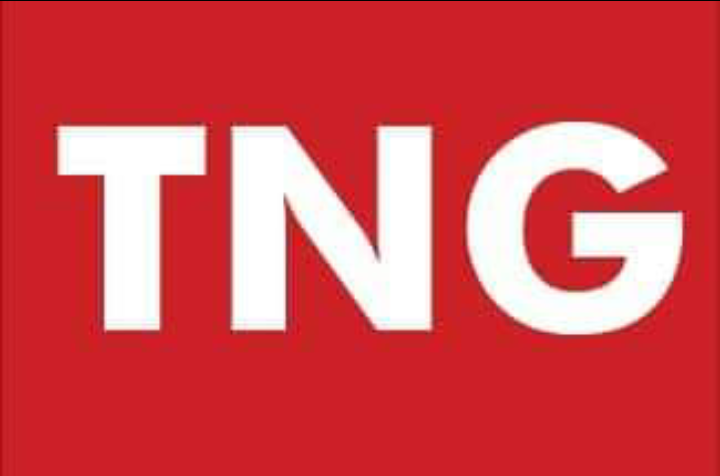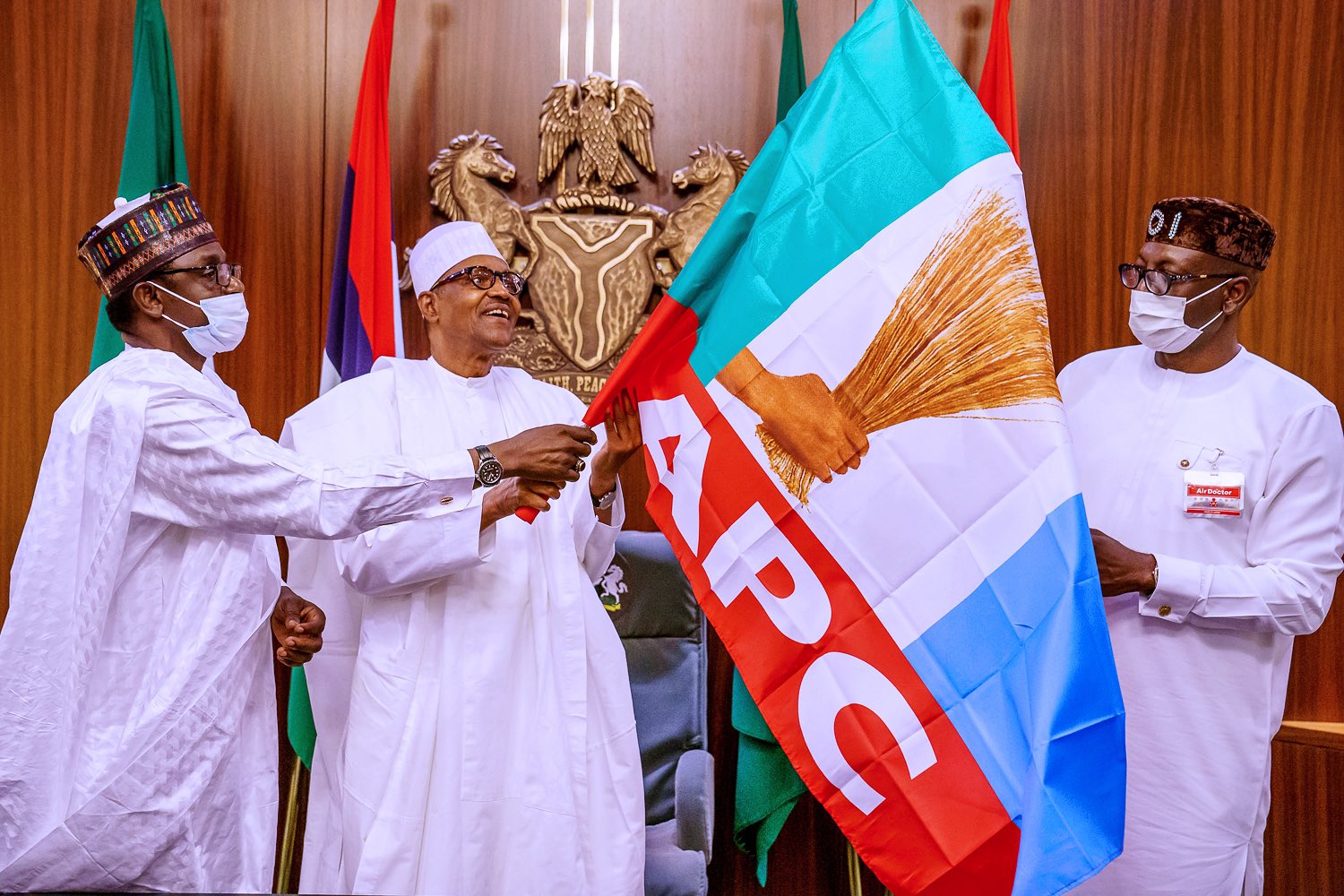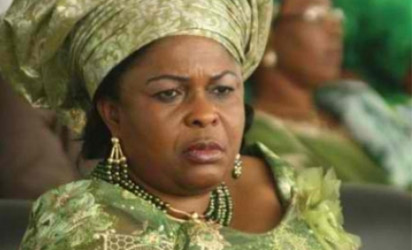By Chidi Amuta
The APC was birthed out of Mr. Buhari’s resilient appetite for presidential power. Its victory in the 2015 presidential election was a product of both his regional cultic followership and a nationwide rejection of Mr. Jonathan’s bumbling presidency. Seven years afterwards, Buhari’s appetite for apex power has been fulfilled and arguably squandered. His pet nativist hegemonic project has come full cycle and overreached itself. And as he begins to gather his belongings to return to the pastoral anonymity of Daura, his APC vehicle now has an existential challenge: how does it survive in and of itself as a political party? How will it persist as a strategic national institution of democratic stability?
The 2023 presidential election holds the key to these questions. If the party prevails in the 2023 presidential election, it will become perhaps Mr. Buhari’s most enduring and consequential political legacy. If, on the contrary, it splinters in defeat as the general retreats home, it will be an addition to his already sagging luggage of deficit legacies. But even in a possible victory, the party is more likely to produce a president whose policies and methods will mostly depart markedly from Mr. Buhari’s conservative stop and slow ways. That also will be a polite repudiation of Mr. Buhari’s political legacy. So, between Mr. Buhari’s political legacy and the future of the APC, there is an umbilical link.
Even now on the eve of the party’s crucial pre- election convention, there is a palpable fear that it is headed into turbulent clouds. It could somehow tinker its way through the convention in spite its many nasty headaches and troubles. But in whichever direction we look, the party is threatened by internal contradictions and gaping cracks that are difficult to paper over. But it definitely will ride through even more bumpy skies when it comes to selecting an electable presidential candidate. The processes leading up to 2023 will be the defining tests. And the reasons are many and lie embedded in the very origins of the party and the way it has managed itself as a party in itself, as a party in government and as a party in power since 2015.
Looking back, the coalition of parties that gave birth to the APC was an inconvenient marriage of political convenience. There was nothing in common between a pseudo social democratic ACN, an ultra conservative CPC, a nationalist right wing ANPP, an ethno nationalist APGA and a renegade opportunistic centrist NPDP. The cardinal objective was to cobble together a workable coalition to wrest power from the PDP after 16 monotonous years. The idea of a multiparty coalition eventually gave way to the even better idea of a single opposition party.
Mr. Buhari facilitated and galvanized the marriage. He provided the amalgamation with a presidential mascot albeit one with a national name recognition. He also came dressed in an untested mythic garb of leadership prowess, governance prudence, barrack discipline and a reasonable level of personal integrity. Above all, he had managed over the years to build up a huge cultic following among the northern mob of rough uneducated and unemployed youth and regional power fanatics. Part of the motor park fable around Mr. Buhari was the infantile notion that once elected president, he would jail all the corrupt former government officials, recover the ill- gotten wealth and redistribute same among the poor masses.
Thus was born a party tailored more towards wresting power from an effete incumbent than for the effective governance of a country in desperate need for responsible leadership. Given the tenacity of African power incumbents, the APC was more honed for the task of contesting the outcome of the 2015 presidential election possibly up to the Supreme Court. But when the results tumbled in mostly in its favour and Mr. Jonathan conceded defeat to Mr. Buhari, it was an overrated and unprepared APC that had to set up a government and ascend the pinnacle of national power. Victory came as a rude surprise with power as an unanticipated burden. Time has passed. Buhari has fulfilled his long standing ambition of wearing the toga of President. It is now time for the party to take stock of its stewardship and contemplate its future.
With the benefit of hindsight, the emergence of the APC reinforced Nigeria’s historic tendency towards a credible two party architecture. To that extent, it was a positive political outcome, one which promised a great dividend for Nigeria’s democracy. The new party came to power on the wave of expectations greater than its capacity and preparedness.
Even then, having successfully hounded the PDP out of power at the national level, the APC had two tasks. First, it had to develop into a party with a national membership, credible internal democratic structure and a definable ideology to anchor its policies on. It had a mandate to rule and to govern more creditably than the party it ousted.
Regrettably, however, the APC has not grown beyond the logic of its incoherent origins. It has turned out to be just merely a ballot paper alternative to the PDP. It has no ideological identity, no policy coherence, no record of sensible governance at the federal level and state levels. Admittedly, an isolated number of APC ruled states (Kaduna and Lagos especially) have managed to show signs of some progressive policy direction and a bit of good governance. But the party has hardly tried to galvanize an effective grassroots membership to consolidate seven years of power dominance at the center.
From the very top, the APC is an embarrassing ideological proposition. I doubt that from Mr. Buhari to the most mundane foot soldiers out there, that the word ideology ever comes up even in casual conversations. But as a political organization, we need to dress up the APC and its leading lights in some ideological garb in order to make sense of their quarrels or at least give the party a reason to exist. As my friend George F. Will would insist, “We can dignify …disputes among small persons of little learning by connecting them with great debates about fundamental things.”
Let us therefore confront the ideological curiosity of the APC. Here is a so- called ‘progressive’ party led by an unabashed arch conservative in the person of president Buhari. This is one of the greatest ironies of recent political theory and history. Ordinarily, progressivism indicates a bias for social democracy in its dynamic context. It should signal a commitment to continuous social and economic democracy and change along progressive lines. Progressivism is decidedly partisan on the side of the masses while acknowledging the entrepreneurial class as an engine of growth and wealth creation. Instead, Nigeria’s “progressives” are a loose collection of free wheeling brief case capitalists, commission agents and primitive accumulators.
The party is led by the diehard conservative Buhari. He may be sympathetic towards the plight of the masses who in any case constitute his electoral base but it ends there. He is an advocate of Medieval economics of controls and over regulation of nearly everything from domiciliation of government bank accounts to the distribution of fertilizers to peasants. Here is a president in the 21st century who is still passionately enamored of cattle colonies, ancient grazing routes, groundnut and rice pyramids, pastoral and subsistence agriculture. He remains compulsively nervous about information technology and the predominance of the social media.
For him, the youth are merely a tolerable multitude of irritating subjects who are lazy, want money for doing nothing and indulge in some phantom pastime called cyber consciousness. In his worldview, the state does not owe the teeming multitude of youth graduating from our institutions any jobs because he cannot manage to see the jobs in the huge work of national development. In an age of globalization and a borderless world, this conservative leader of Nigeria’s ‘progressive’ party believes in sporadically shutting the borders to pursue self- sufficiency instead of submitting the country’s huge productive capacities to the power of global competition.
For Buhari, the liberal democratic values of rule of law and equality before the law are tolerable irritations only made necessary by the dictates of democracy. Otherwise, he would clamp those perceived as corrupt into jail and throw away the keys. For this leader, the nation spans outwards from his native Daura to the former Northern Nigeria and out towards the rest of the country in measured trickles of patronage depending on how much vote each zone gave him!
Yet in the same party with Mr. Buhari, we have a smattering of some genuine social democrats, left leaning populists as well as some pragmatic idealists and radical anarchists. In Buhari’s party, we encounter the likes of Vice President Yemi Osinbajo who consistently and consciously strikes a progressive pragmatic note. There is Nasir El- Rufai, a progressive radical reformist, Rotimi Amaechi, a radical leftish social democrat. There is Bola Tinubu, a friend of the left who is at best a left of center liberal democrat and voracious capitalist. Of course there are rhetorical leftists like Adams Oshiomole, Festus Keyamo and a few others. The APC also contains quaint specimens of ideological homelessness and comic fringe elements like Rochas Okorocha, Yahaya Bello and numerous upstarts of no specific nomenclature. Otherwise, there is no distinction between the APC and the PDP or indeed any other political gang up that exists in the nation today.
In spite of its nationalist pretensions, there is a sense in which the APC has not outgrown the limitations of its fractious and factional origins. Its soul is still tormented by the pangs of its difficult birth. In good times, the factions wear a semblance of national unity and cohesion. In times of crisis like now, they scamper homewards towards the comfort of their respective ethnic and regional birth places.
The APC as the party in government elicits mixed reactions from Nigerians. There are too many Nigerians who have concluded that the APC federal government under Mr. Buhari has been an epic disaster. They are likely to point to the unacceptable level of insecurity, mounting corruption, the decay and collapse of major institutions of state and the near wholesale collapse of the state itself. For a political party to preside over such monumental ruin and call it the architecture of progress is one of the greatest abuses of political language in recent Nigerian history.
Of course, it is not all negative for Buhari and the APC. The economy has just been reported as having grown by a surprising 3.4% in the last few months against a background of unprecedented poverty and misery among the majority of our people. Diehard Buhari devotees are likely to regale us with rhetorical flourishes and lavish Power Point presentations and holograms on the progress made under Buhari. But the negative statistics are too stark: the abysmal exchange rate, the frightening crime rate, the mass misery, and the democratization of despair as the commonest commodity in free distribution. Not to talk of the health of our polity. Not even in the time of the civil war has the nation been this sharply divided.
No one can deny the kilometers of new railroads and that lead between major centres of our population including to far away Maradi in Niger Republic! Others will point to the Second Niger Bridge at Onitsha, initizted by previous regimes and still uncompleted but already named after Mr. Buhari! There are highways in different parts of the country being rehabilitated.
It is accountability hour. Ordinarily, a democracy should call an incumbent government to account at election time. The APC now has to defend its incumbency and also survive as a party. Above its bad internal conflicts, the party has to struggle to produce an electable presidential candidate from among its rowdy school of rampaging equals. It has to unshackle itself from being just Mr. Buhari’s creaky vehicle of sectional hegemony to become a mechanism for national recovery through the successor president it chooses.
In its present state, leadership in the APC remains along a vertical top- to- bottom axis. Power and authority are still flowing down from Buhari and his overbearing surrogates. This will only hold for as long as Buhari’s incumbency remains in tact. But from the middle of this year when the president becomes a de facto lame duck, I doubt that anyone in the APC will bother with his leadership in party matters, including his suggestions on who succeeds him.
Presidential aspirants who are placing so much value on Buhari’s support may be in for a rude shock. There is nothing in the president’s political method that assures anyone that he will champion any cause other than his own. He has never gone out of his way to stoutly defend the interests of his party or supporters in places and moments when it mattered most. Under his watch, in the run up to the 2019 elections, factions of the APC litigated the party out of the ballot in both Rivers and Zamfara states.
Once he unleashes his political lieutenants to quit government and go into the field to contest elections by mid year, a horde of political hounds will escape from the cage. Power and leadership will be dispersed along a horizontal plane into a vicious contest among political equals. The APC presidential ticket scramble is going to be a scramble among politicians with almost equal stature and mutually cancelling weaknesses and advantages. But whoever emerges will carry the burden of an unimpressive record of achievements.
Core party insiders like Bola Tinubu, Yemi Osinbajo and Rotimi Amaechi, will each have to compete for supremacy without the demographic advantages tof a Buhari in 2015. If Buhari succumbs to the current pressure from his courtiers to recruit outsiders like CBN’s Emefiele. AFDB’s Adesina or former president Jonathan to fly the party’s presidential flag in 2023, the party will not only unravel but will be roundly defeated.
Therefore, the most consequential factor in the future of the APC both during and after the 2023 presidential race the absence of the demographic pull of a Buhari factor. His prospective successors had better get ready to scramble for their own followership. Political followership is not a transferable asset. Incidentally, the rival PDP will also be shopping for followership in the same supermarket.
The APC was born and prevailed for 8 years because it won the presidency in 2015. It can only survive if it repeats that feat in 2023 in spite of the loss of the Buhari factor. If it loses, it is likely to splinter and die from the pull of ambitious equals and for want of a towering and unifying mascot.



